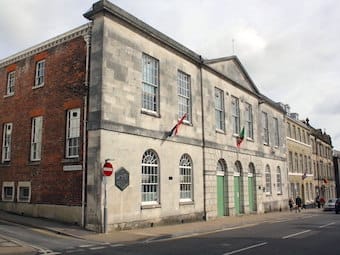In 1844, the Government made sure that firebrand Irish rights activist Daniel O’Connell was charged with seditious conspiracy, and that dozens of potential jurors sympathetic to his politics were ruthlessly weeded out. When this became known, some high-profile lawyers argued that it breached no law, but Lord Denman roundly condemned it as making a mockery of jury trials.
After Lord Denman’s intervention in the House of Lords, quashing O’Connell’s conviction, it became accepted throughout the British justice system that jury pools could not be tampered with by anyone. American lawyer Francis Wharton expressed dismay that so many learned barristers had justified jury-tampering on such a scale, and put it down to misplaced Party loyalty.
113 words


